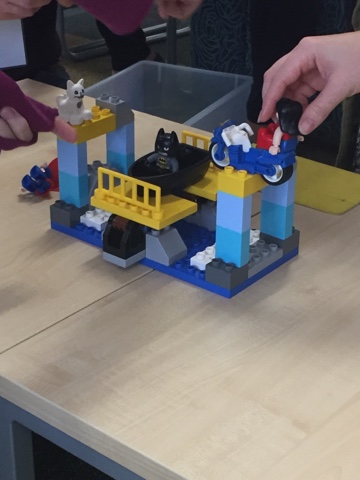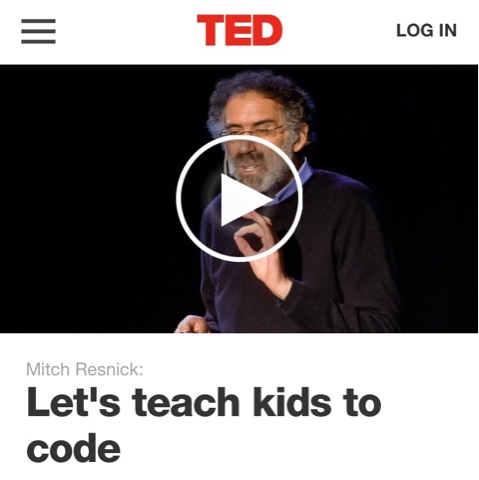Be alarmed when things seem set in concrete!!!
What are the demands being made on teachers and our cognitive processing!
3 things - the problems , the learning, complexity theory
Part 1 Major changes in education
This is the story that we now know!
Major change is needed urgently to the one size fits all education system ( the sausage machines turning out the faceless clones).
Transformation needed not just improvement or working smarter or adjustment.
What is education for?
What should students learn and why?
What is the role of the teacher - the rock bottom core?
How does this relate to the work of other teachers?
Educations future - a two part story - digitalisation and globalisation
AND
The growth of networked forms of knowledge ('Too big to know' - David Weinbetger )
and the anthropocene (impact of man).
Recent world events - a tipping order of cultural chaos on a relatively stable current world order. We can't begin to imagine what impact this with have!
Welcome to the 'post normal' - complexity, chaos and contradiction - no return to the idealised past ( Ziaddin Sardar)
The age of VUCA - volatility, uncertainty, complexity and ambiguity!
Part 2 Education needs to change
Improve structures and systems -
Assumes teachers know what to do - in times of chaos do we?
We've in investment in the hardware of schools (building) but little in the software ( the teachers) ! Great metaphor!
The major shift that is required should be done by teachers with support. Most teachers haven't experienced what we need to do, but how do we get this?
No one knows the answers - we have to work out how to work together?
Part 3 - Systems Thinking
New ways of thinking about human systems - systems thinking and complexity thinking.
These ideas are everywhere - TLIF - change from within the system.
Innovation from within the system.
But these ideas are not understood yet.
What is systems thinking?
- an entity that functions as a whole through interaction - not individuals within
- self organising
- emergence - can't predict what the outcome is going to be - you can't know what's going to emerge
Systems are non- linear
Small changes can make big difference, but not conversely so - especially do in education!!!!
Closed systems - will be non productive - needs new energy or disrupters to keep it going!
No one is in charge - there is s collective intelligence - more than just the sum of the parts.
Education is a complex system - DaveSnowdon and Cognitive Edge - the Cynefin Framework.
Where does our Education system sit?
Simple - follow a recipe
Complicated - sending rocket to moon - one solved fairly certain it will follow pattern
Complex - bringing up a child - no guarantee once you've done it once it will be right next time
What does this mean for teachers in schools now?
Are the CoL going to be enough?
Is collaboration alone enough?
All 3 elements in the above slide are crucial.
Strong collaboration - not just working nicely and sharing ideas - this will just cement existing practice!
Not just collecting and using ideas of others!
R Evans 2012 - teachers are good at congenial collaboration BUT everything has to be on the table for robust debate and knowledge building.
So what does all this mean change for teaching?
Teaching is cognitively demanding - so teachers need support!
We need next practice, not best practice!
Focus on individual cognitive growth and being able to work different and new ways with others.
Historical change is like an avalanche! The starting point is a snow covered mountainside that looks solid.
All the changes that take place under the surface and are rather invisible.
But something is coming.
What is impossible is to say when..,,
N Davies (2012)




















